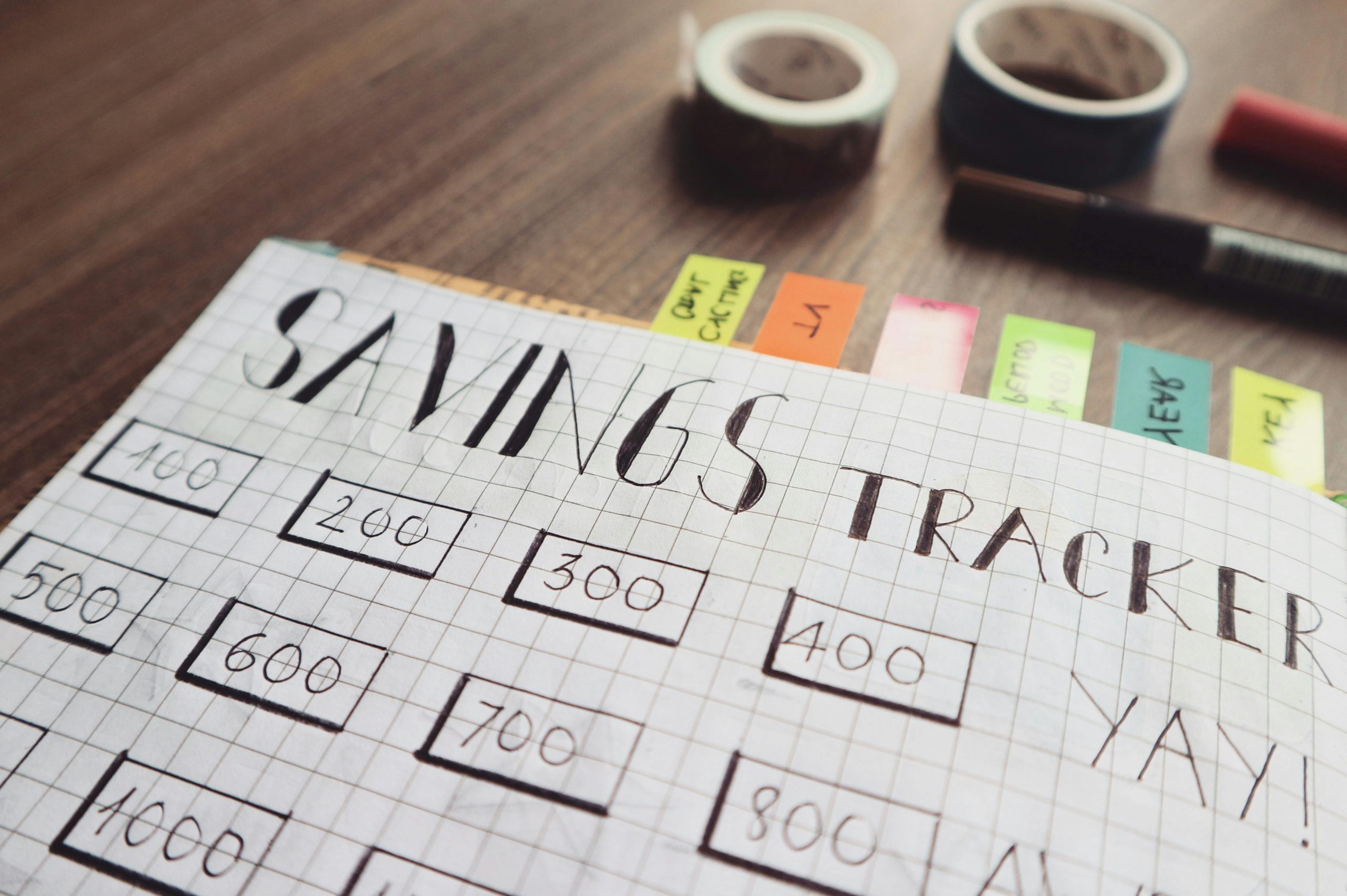📌TL;DR:
Personal finance doesn’t have to feel like a spreadsheet slapped you in the face. This guide walks you through the basics of budgeting, spending, and saving in plain English—no finance degree required.
Let’s Be Real: Money Can Feel Like a Foreign Language
So you’ve realized “vibes and survival” might not be a sustainable financial strategy. First of all—relatable. Second—you’re not behind. You’re just joining the rest of us who only recently learned that “APR” isn’t short for “April.”
Whether you’re entering the real world, cleaning up past financial chaos, or simply tired of crossing your fingers every time your card taps, you’re in the right place.
This is your personal finance starter kit. No complicated graphs. No “just stop buying lattes” lectures. Just plain-English explanations that make your money make sense. Even if you’re doing this half-asleep and slightly caffeinated.
1. What Is Personal Finance, Really?
At its core, personal finance is just about how you manage your money.
That’s it.
It’s not about becoming rich, investing in the stock market, or owning six properties in Bali. (Unless you want that, then go you.)
It’s about:
- How you make money: job, side hustle, freelance gig, random Venmo from your friend who finally paid you back
- How you spend money: bills, food, subscriptions, suspiciously frequent Amazon packages
- How you keep money: savings, emergency funds, avoiding “add to cart” at 1 a.m.
- And how you understand money: so you’re not playing a guessing game every time someone brings up “interest rates”
If you can wrap your head around those basics, you’ve already got more financial savvy than half the group chat.
2. Budgeting: Not the Enemy, I Swear
Budgeting gets a bad rap because it sounds like punishment. Like you’re about to be grounded from fun money forever.
But actually? A budget is just your spending plan. Think of it like giving every dollar a job, so it doesn’t wander off and ghost you when rent is due.
Try this: The 50/30/20 Rule
- 50% Needs: rent, groceries, bills, transport
- 30% Wants: takeout, date nights, new socks that feel like clouds
- 20% Savings + Debt: emergency fund, loan payments, or finally starting that “someday” vacation stash
Is it perfect for everyone? No. But it’s a solid start if your current budget is just “hope for the best and avoid checking my balance.”
Bonus tip: You don’t need a fancy spreadsheet. A pen, a notebook, and a slightly bitter attitude toward bills will do just fine.
3. Personal Finance Basics They Forgot to Teach Us in School
Let’s play financial catch-up. Here are some terms that sound boring but are actually useful in real life:
🔹 Emergency Fund
A stash of money that says “I’ve got this” when life throws something unexpected at you. Car repairs, dental work, a plane ticket home—start with $500 and build from there.
🔹 High-Interest Debt
The expensive kind of debt. Credit cards, payday loans, anything with rates that make you sweat. Focus on paying these down first. It’s like giving yourself a raise—without doing any extra work.
🔹 Credit Score
Your financial trust score. Lenders look at it, landlords check it, and it follows you around like an ex who still watches your stories. Keep it healthy by paying bills on time and keeping credit usage low.
🔹 Living Below Your Means
Not as depressing as it sounds. It just means spending less than you earn. That’s it. It’s how you create financial breathing room and get out of survival mode.
4. Quick Money Tips You Can Do Without Crying
Let’s talk low-effort wins. You don’t need a six-figure salary to clean up your finances—you just need better habits.
✔️ Name Your Savings
Instead of one vague “savings account,” try labels like Weekend Trip, New Laptop Fund, or Pet Emergency. Suddenly, saving feels a lot more real—and a lot more motivating.
✔️ Unsubscribe Like Your Sanity Depends on It
If you don’t know about the sale, you won’t shop the sale. Clean out your inbox and free your brain from temptation.
✔️ Audit Your Subscriptions
Do you actually need five streaming platforms? Or are you just emotionally attached to the idea of variety?
✔️ Automate What You Can
Automate your savings. Automate your bill payments. Automate your life, honestly. Out of sight, out of your hands.
5. If You’re Overwhelmed, Start Small
Trying to tackle your whole financial life in one weekend is how people burn out and end up crying over receipts.
Instead:
Pick one thing.
- Set up a separate savings account
- Track your spending for three days
- Pay an extra $10 toward your debt
- Cancel that weird app that charges you $2.99/month for “weather alerts”
One tiny step is better than none. And small changes are the ones that actually stick.
Final Thoughts: You Don’t Have to Be a Finance Person
Managing money isn’t about being “good with numbers” or suddenly turning into a spreadsheet person (though no judgment if that’s your thing). It’s about being aware, making a few smart decisions, and not letting your money run your life.
You’re not too late. You’re not too bad at this. And you don’t need to have it all figured out right now. You just need to start. Even if you’d rather be watching reality TV with a snack and pretending bills don’t exist.
This guide? It’s just the beginning. You’ve got this—pajama pants, financial confusion, and all.
